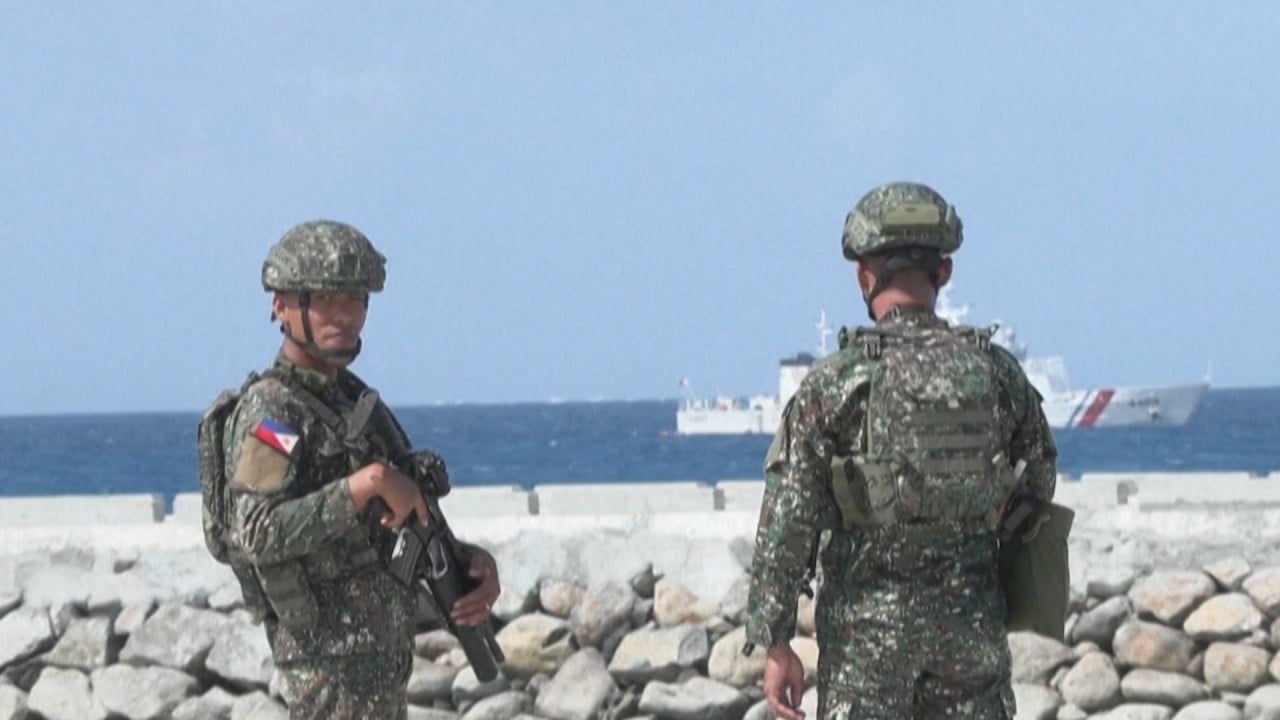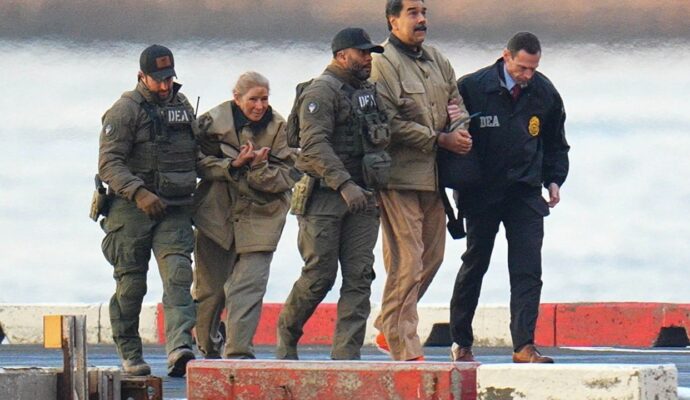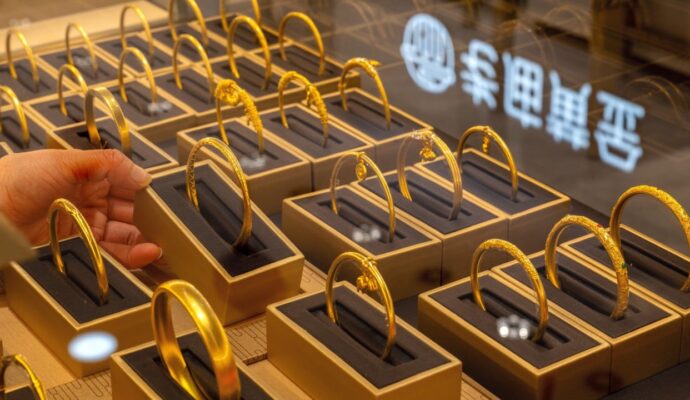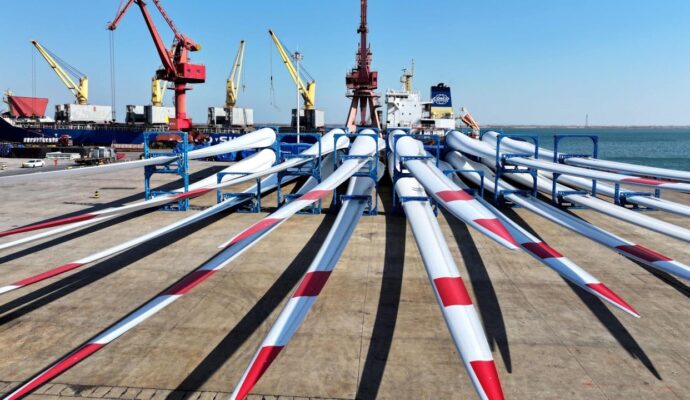But Mao said the Second Thomas Shoal was an uninhabited reef and the establishment of any permanent structures would be a significant change to the status quo.
“[Building a permanent structure] would be a major attempt by the Philippine side to renege on its commitments, change its policy and ruin the unmanned and unbuilt state of the Renai Jiao once again.”
Mao repeated the foreign ministry’s stance in denouncing the arbitration ruling, insisting that China’s sovereignty over the Spratly Islands, including the Second Thomas Shoal, and its surrounding waters was “formed and established in long history” and was “indisputable”.
Simmering tensions over the Second Thomas Shoal boiled over in recent months as China’s coastguard repeatedly blocked the Philippine navy from resupplying military personnel stationed on a ship that was deliberately stranded on the reef in 1999.
Manila accused Beijing’s coastguard vessels and its maritime militia of firing water cannons at its resupply boats, and “deliberately” ramming them. Earlier this month, the chief of staff of the Philippine armed forces, Romeo Brawner, was reportedly on board one of the boats that was rammed.
China accused the Philippines of “provocatively ramming Chinese coastguard ships”, actions it labelled as “dangerous and unprofessional”.
Why the Asia-Pacific is likely to see an even more geopolitically perilous 2024
Why the Asia-Pacific is likely to see an even more geopolitically perilous 2024
On Thursday, Chinese defence ministry spokesman Wu Qian accused the Philippines of “staging a show of conflict” by embedding journalists on its supply boats and “releasing fake news”.
“China … will not stand by idly as the Philippines repeatedly provokes trouble and creates a scene,” Wu said.



